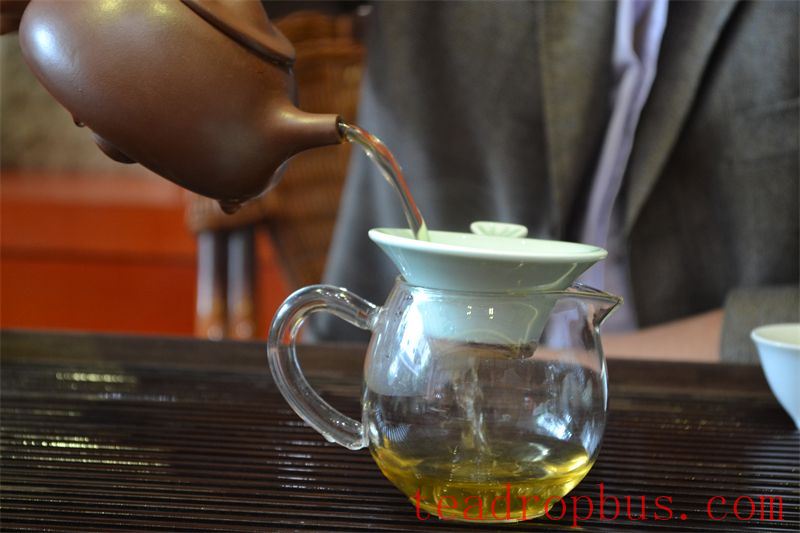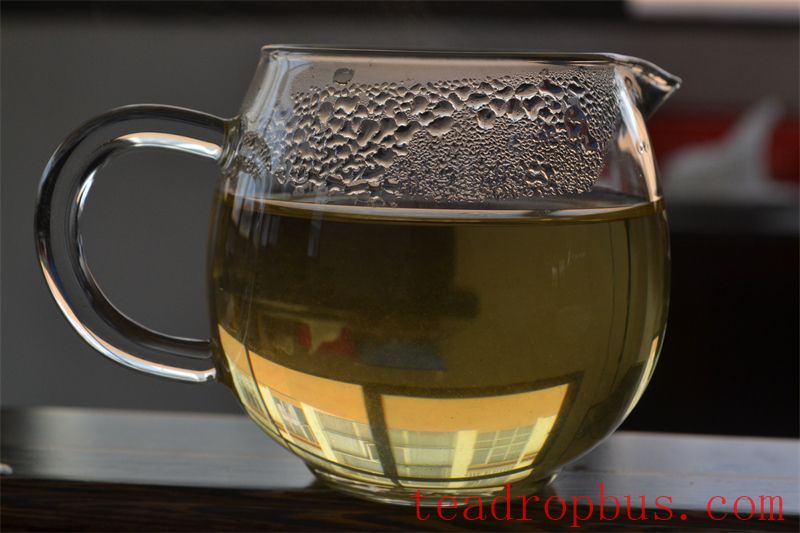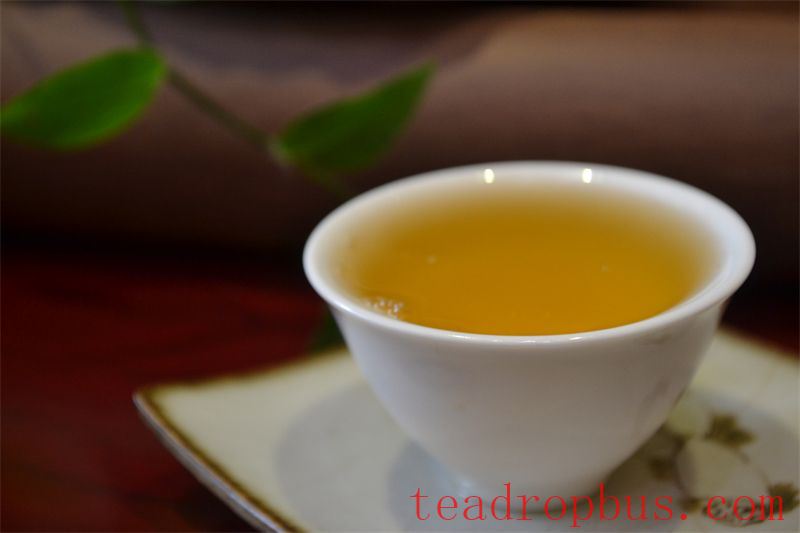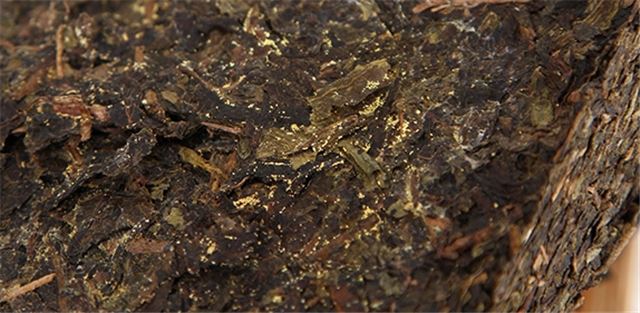The traditional mainstream view on whether it's acceptable to eat while drinking Tea is that it's not good for health. But is this really the case?
We may have always had a question:
On one hand, traditional knowledge and experience tell us that eating while Drinking Tea is detrimental to health;
On the other hand, nomadic ethnic groups such as Mongolians and Tibetans, who primarily consume meat, not only eat large amounts of meat and drink milk but also drink a lot of tea at the same time. They are not only healthy but can be considered one of the world's most robust ethnic groups.
In fact, this phenomenon and lifestyle offer significant insights for our contemporary society.
Modern people eat more meat, consume more high-energy foods, exercise less, eat fewer vegetables, drink more sugary beverages, and drink less tea, leading to a significant increase in metabolic diseases.
So, is it good or bad to eat while drinking tea? Let's examine both sides of the argument.

Eating while drinking tea is bad for health.
First: Drinking tea while eating dilutes stomach acid, which affects digestion and can cause indigestion;
Second: Drinking a lot of water while eating means food isn't chewed enough before swallowing, affecting digestion and absorption of nutrients.
Therefore, eating while drinking tea is not good for health.

Some argue:
Eating while drinking tea maintains good health.
In reality, many people still eat while drinking tea. Feel free to eat and drink tea together, friends. As long as you understand basic tea art, it will certainly enhance your life and promote health and good mood.
Everything should be judged by reality rather than books, authority, or dogma.
People in pastoral areas, tea-producing regions, and tea-loving countries like Britain habitually eat and drink tea simultaneously. In Hong Kong, the morning starts with “one teapot and two dim sum,” and when dining out, a pot of tea and several tea snacks are ordered to be eaten and drunk together.
Those who believe that eating while drinking tea is harmful base their argument on the theory that tea contains oxalic acid, which can bind with calcium in food to form calcium oxalate, affecting calcium absorption and potentially causing osteoporosis and kidney stones over time.
This theory equates laboratory chemistry with biological chemistry and neglects the importance of quantity, failing to withstand scrutiny and practical testing.
Many plants, especially green vegetables, sweet potatoes, and taro, contain oxalic acid. Spinach, amaranth, and celery have much higher oxalic acid content than tea. We typically use about 5 grams of tea per cup, while we usually eat hundreds of grams of vegetables in a single meal. If we cannot eat while drinking tea, can we eat while eating vegetables?

Another reason given by those who think eating while drinking tea is unhealthy is that the polyphenols in tea can bind with proteins and fats, affecting digestion and absorption.
This is indeed true, as numerous experiments with mice confirm. When fed a high-fat, high-protein, high-calorie diet, one group was given tea powder mixed into their food, while the control group received no tea. After some time, the mice without tea powder were round and obese with fatty liver disease, while the mice with tea powder were lighter and had normal livers. Fecal analysis revealed that some of the fat and protein consumed by the tea-fed mice had bound with tea polyphenols and were excreted rather than absorbed.
In times of food scarcity, this reduced absorption rate of proteins and fats could lead to malnutrition and affect health.
However, given today's dietary habits characterized by excessive intake of fats, proteins, and sugars, eating while drinking tea satisfies taste buds while effectively lowering the absorption rate of excess nutrients. This can prevent rapid weight gain, fatty liver disease, and “three highs” (high blood pressure, high cholesterol, and high blood sugar). Why not enjoy the benefits?
Thus, theories of health preservation must evolve with the times. Discussing “eating while drinking tea” in an era of widespread nutrient excess seems outdated.
Moreover, the clever pairing of tea and meals not only promotes health but also enhances the quality and enjoyment of dining experiences.
For example, after eating seafood, sipping a couple of mouthfuls of high-altitude oolong tea removes the fishy flavor and reactivates the taste buds, making the next dish even more enjoyable; when eating strongly flavored meats, Wuyi Rock Tea is ideal; when consuming fatty dishes, hot ripe Pu'er or Black Tea is preferable; and for those with “three highs,” drinking golden flower Fu brick tea during meals is beneficial… In short, a wonderful life requires innovation based on scientific principles and practical considerations.

For every tea lover, there is personal understanding and opinion. Considering the more popular views today, it depends on individual health conditions. For instance, in certain situations, drinking too much tea is not advisable:
For those with gastric ulcers, strong tea can increase stomach acid secretion, exacerbating irritation of the ulcer and delaying healing. Additionally, drinking strong tea while taking medication reduces the effectiveness of stomach medicines, hindering recovery.
Pregnant women, especially, should avoid strong tea to prevent excessive stimulation of the fetus by Caffeine and other compounds. Pregnant women can reduce or abstain from tea consumption;
People with fever or illness, taking medicine while drinking tea, also reduces the effectiveness of the medication. And so on…
Those who grew up in tea-growing regions often consider tea an essential part of life. Telling them not to drink tea during meals would be incomprehensible. Conversely, those with sensitive stomachs may feel discomfort throughout the day after drinking tea during meals.
Thus, drinking tea should take into account the different properties of each type of tea, understand the underlying physiological science, and be based on personal habits and preferences.